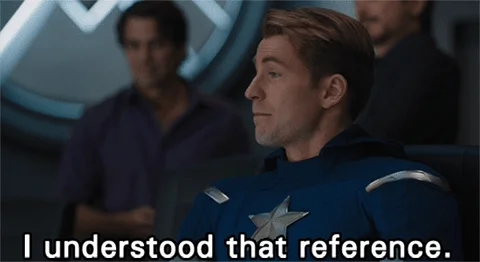And the Chinese leadership has demonstrated its ability to adapt tactics, deal with events, and alter short- and medium-term course to deal with reality, as it continues to pursue very long-term goals.
You think it is all corruption and self-empowerment. From western perspectives it may look like that because in general western populations assume their politicians always operate this way. No doubt there is much of that in China, too. But the CCP both creates and deals with external reality.
Are you aware of how much overseas agricultural land China now owns? (Especially in Africa.) A deliberate, long-term strategy to ensure it could feed its population in the long term. Indeed, are you aware of how much aid China gives to Africa in general? It will expect a return on that one day.
Do not be in any doubt that China is serious in its intent that it will one day take back Taiwan. (This is possibly the likeliest trigger for a next world war and why China is moving slowly, but incrementally to secure that outcome - hence its take-over of China Sea islands well outside its limits and in international waters, and so far unopposed.)
Why has it been intent on destroying any chance of Tibetan re-independence? To secure water for its population and/or control water elsewhere.
The Tibetan Plateau is an oxygen-scarce landscape of enormous glaciers, huge alpine lakes, and mighty waterfalls – a storehouse of freshwater so bountiful that the region serves as the headwaters for many of Asia’s largest rivers, including the Yellow, Yangtze, Mekong, Brahmaputra, Salween, and Sutlej, among others. According to studies by the United Nations and several prominent global environmental organizations, almost half of the world’s population lives in the watersheds of the rivers whose sources lie on the Tibetan Plateau.
(Since it started in Tibet, the glacial shrinkage has no doubt caused some concern, admittedly. The climate emergency may be the biggest test of China’s abilities, yet.)
The Belt and Road initiative was kicked off in 2013. Its target completion date is 2049 and it appears to be on track (no pun intended). That is truly strategic.
Your contention that the truly strategic thing would be to unwind centralised government in China is just that - a contention. Citation please? 
It is likely the leadership has made some (in hindsight) ‘stupid’ mistakes. It is possible they looked stupid to us but are not in fact stupid to them, because we misinterpret - we impose our western world view on what they must surely be doing. I think the CCP leadership gets plenty of feedback - Xi may look like a dictator blindly pursuing his whims, but he is just implementing in a personal style the things China has been about for a long time. And if and when he deviates from that too much, be assured the CCP will replace him. He is not a dictator in person, it is the CCP that ultimately rules.
Do not misunderstand me - I loathe and detest the Chinese regime as much as anybody. They are a serious long-term threat to the West. Our mistake for far too long has been to assume that they are less of a threat than they really are, to assume democracy must arrive there as they become more ‘developed’ and affluent, and so on.
If you cannot see that, well, let’s talk in 10 or 20 years and see what the world looks like then.
G’night - bedtime here.
